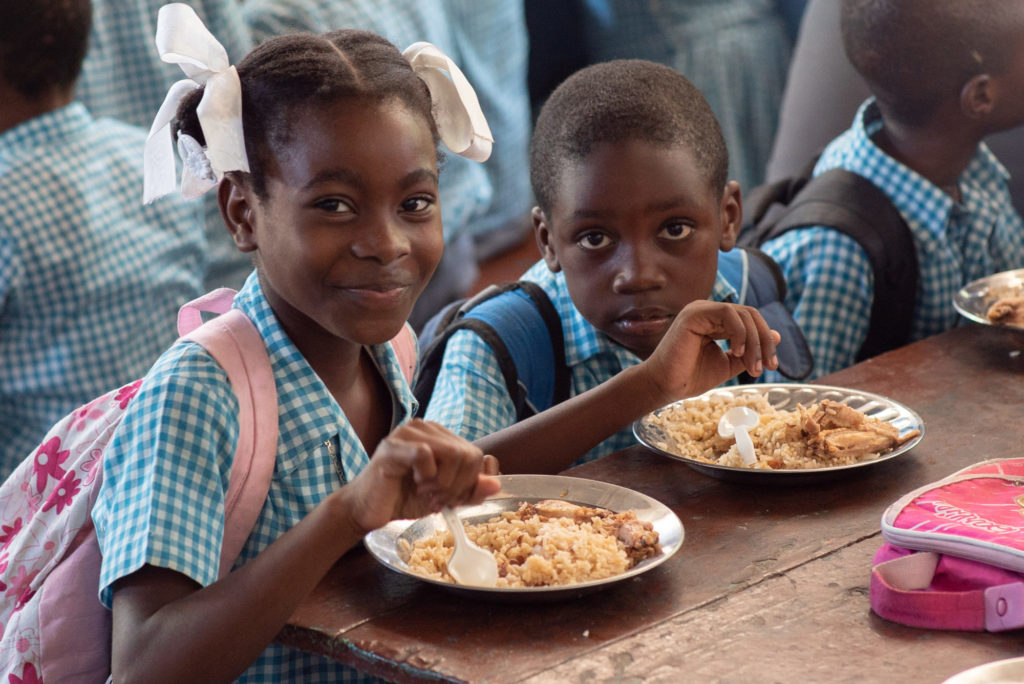
Haiti
Half the population of Haiti is undernourished, earning less than $1 a day. ICCM provides school lunches for about 20,000 children, both sponsored and unsponsored.
A meal for a child in Haiti is 25 cents.
A $10 gift will serve 40 children.
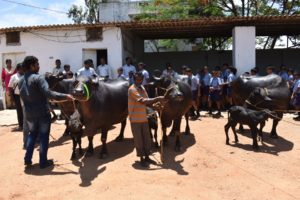
India
In India, 38% of children are stunted due to chronic undernourishment. Gifts to the India Rice Fund supply essential nutrition to children living in residential care and to HIV/AIDS-impacted children in ICCM centers.
A meal for a child in India is 45 cents.
A $20 gift will serve 44 children.
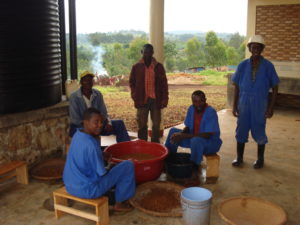
Burundi
Donations bring relief to one of the world’s hungriest countries through the distribution of Busoma, a highly beneficial whole food cereal.
A meal of Busoma for a child is 11 cents a meal.
A $10 gift will serve 91 children.
This program receives financial assistance through other sources as well. Of the three food funds this fund is well supported.
Want to help eliminate hunger around the world? Click below to fight hunger.
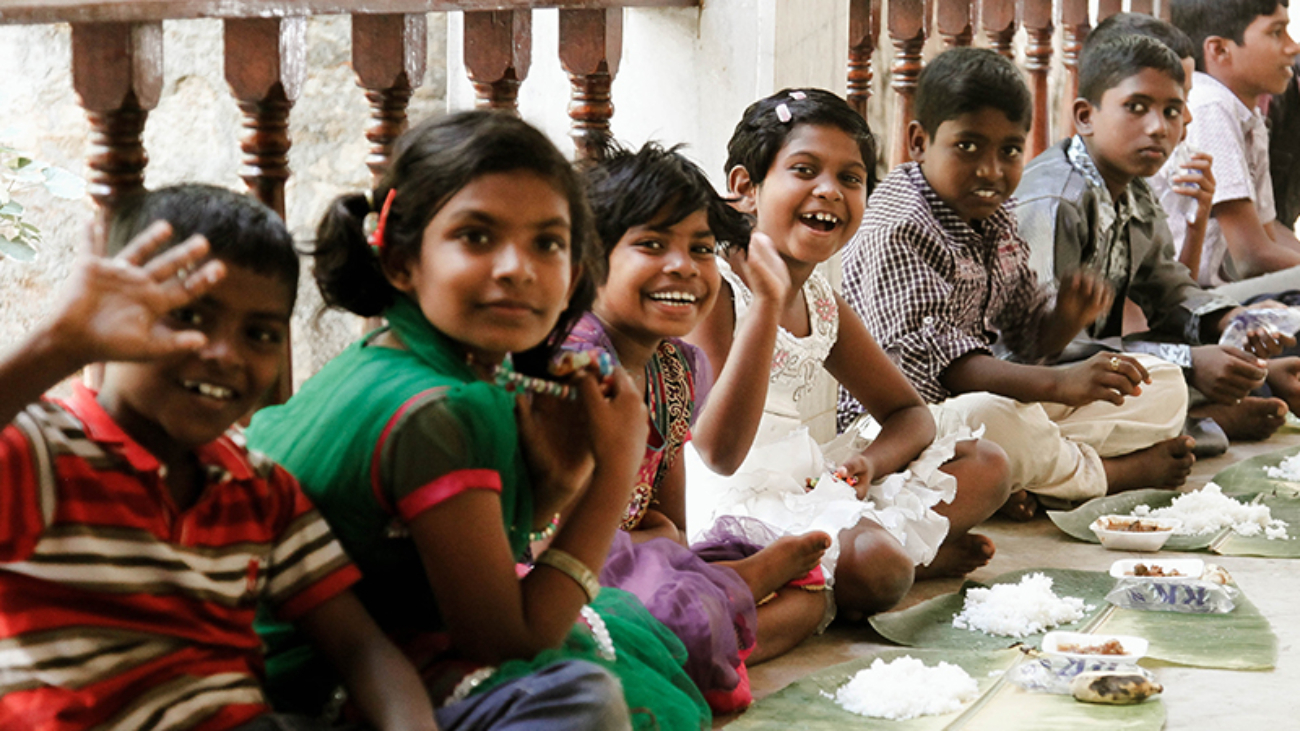

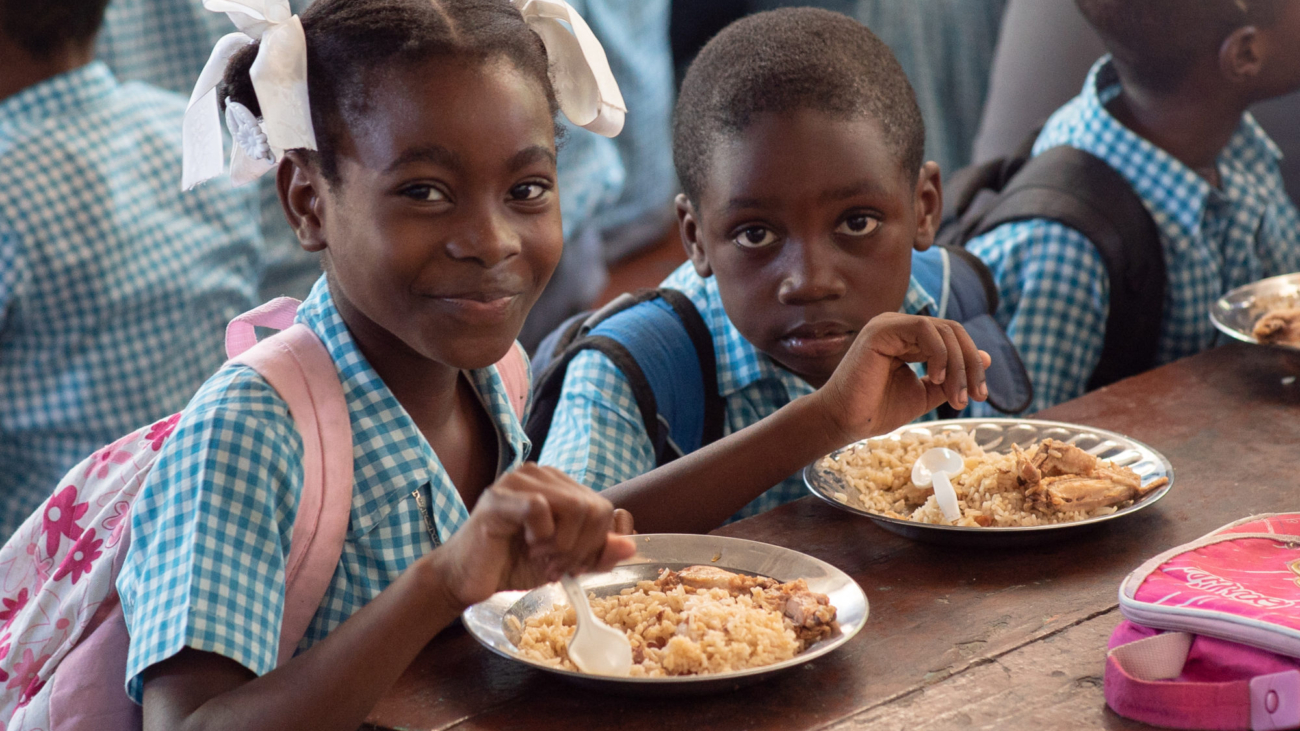
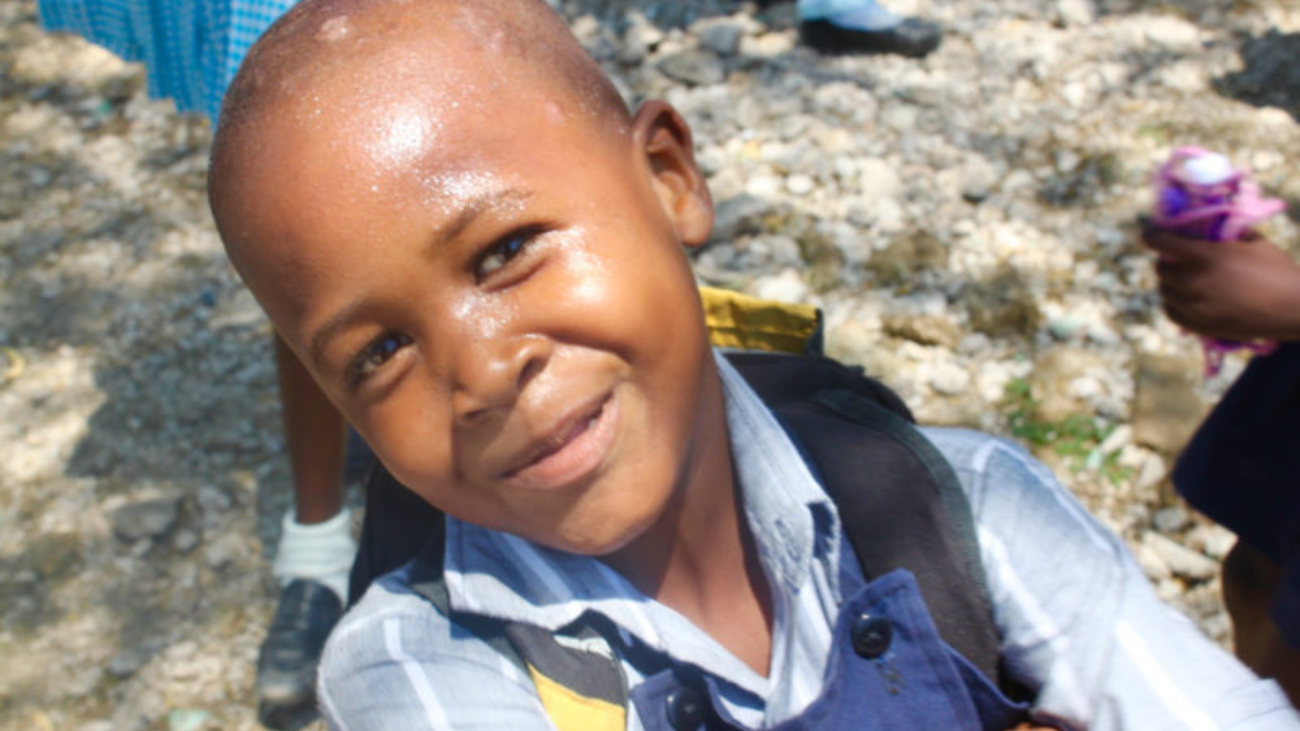
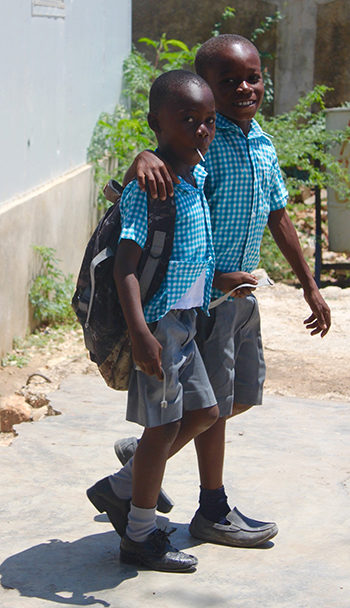 “The degrading situation of the country forces many people to seek refuge in other countries. At first, it was Brazil with open doors. Even people who had a status – a good job and houses, left the country, to escape the bad management of our leaders. Now many are heading for Chile.
“The degrading situation of the country forces many people to seek refuge in other countries. At first, it was Brazil with open doors. Even people who had a status – a good job and houses, left the country, to escape the bad management of our leaders. Now many are heading for Chile.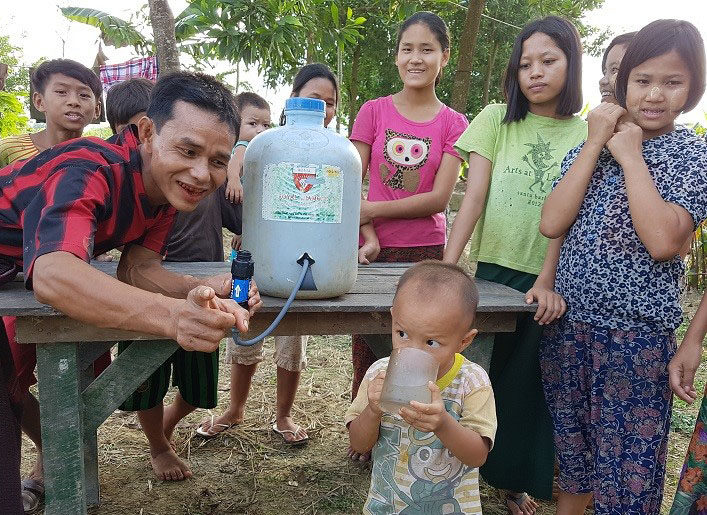
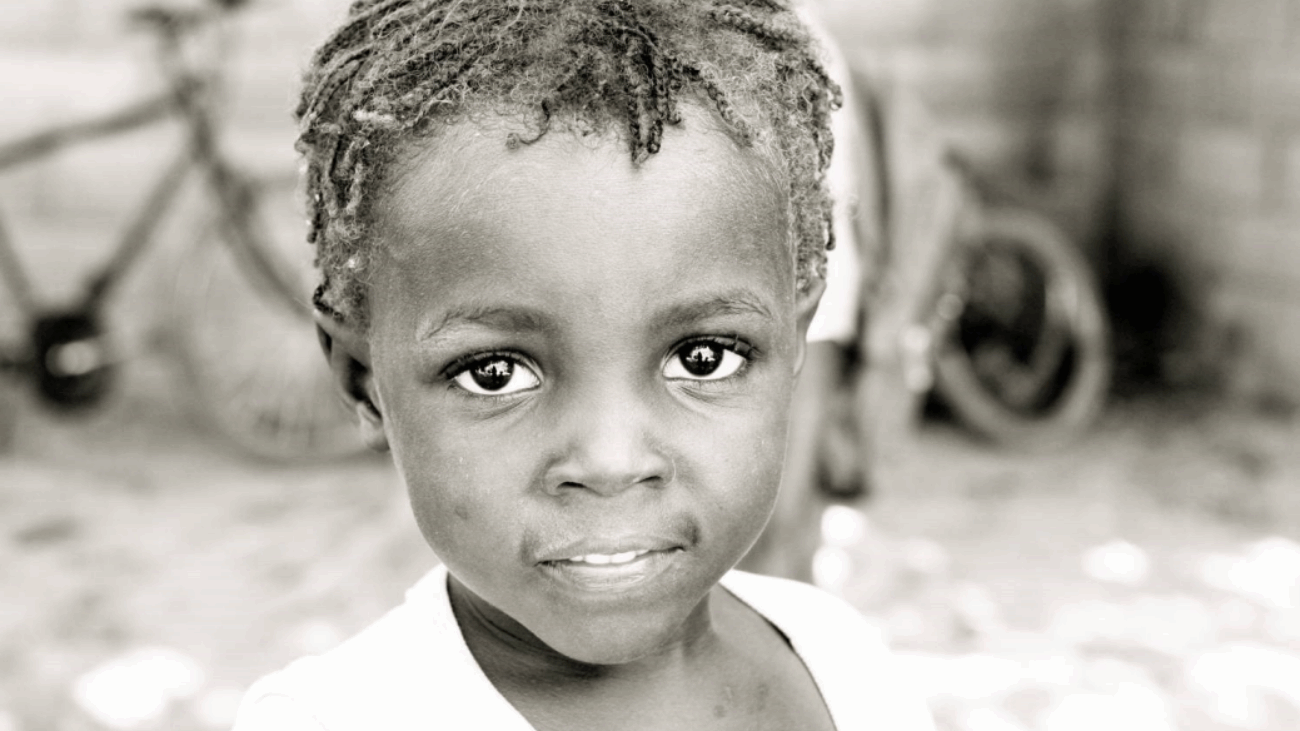
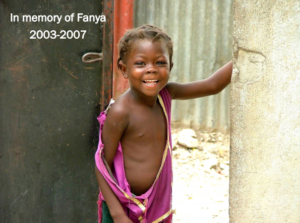 Missionary Jeannie Acheson-Munos was an advocate for these children until her death in the 2010 Haiti earthquake. A young girl named Fanya had stolen Jeannie’s heart. Jeannie did everything in her power to set Fanya free from her owners, without success. In 2007, Fanya burned to death while tending a charcoal fire. She was only one child living in restavek, but her death compelled Jeannie to help others in restavek. ICCM’s anti-trafficking project for 2017 is to partner with “Restavek Freedom,” a Haitian organization aiming to end restavek in our lifetime.
Missionary Jeannie Acheson-Munos was an advocate for these children until her death in the 2010 Haiti earthquake. A young girl named Fanya had stolen Jeannie’s heart. Jeannie did everything in her power to set Fanya free from her owners, without success. In 2007, Fanya burned to death while tending a charcoal fire. She was only one child living in restavek, but her death compelled Jeannie to help others in restavek. ICCM’s anti-trafficking project for 2017 is to partner with “Restavek Freedom,” a Haitian organization aiming to end restavek in our lifetime.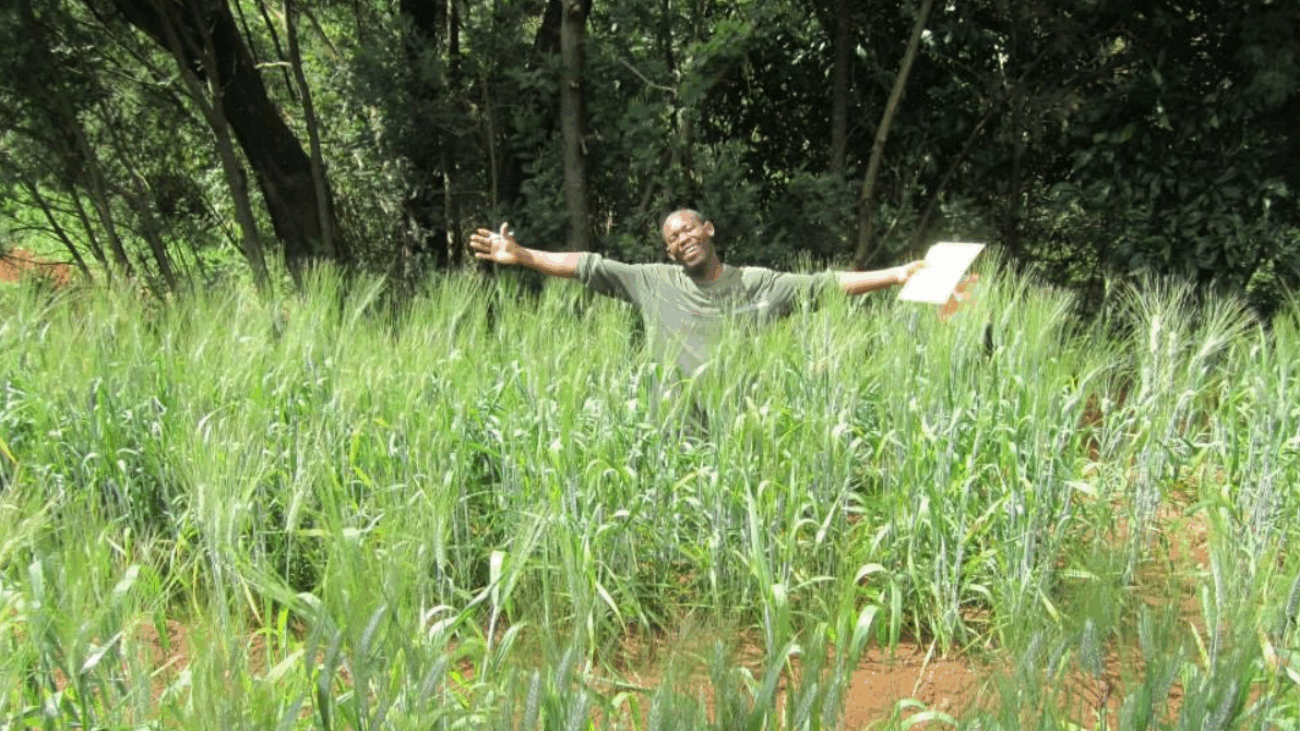
 working toward paying a living wage to our teachers, we also need to work on sustainable initiatives. In 2013 we began partnering with Eden Reforestation Projects in Haiti, casting a vision for Creation Care through our schools and getting children involved with “hands in the dirt” projects. Now we are taking this partnership to a whole new level, and it’s exciting!
working toward paying a living wage to our teachers, we also need to work on sustainable initiatives. In 2013 we began partnering with Eden Reforestation Projects in Haiti, casting a vision for Creation Care through our schools and getting children involved with “hands in the dirt” projects. Now we are taking this partnership to a whole new level, and it’s exciting!